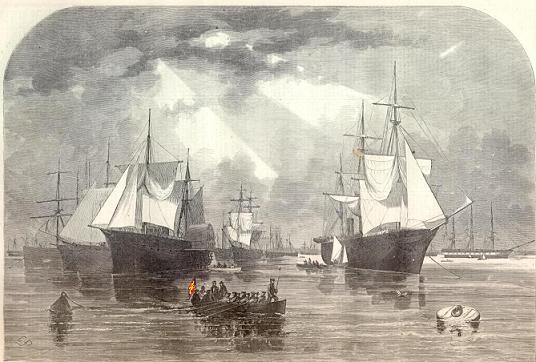Russian accomplishments in the early Renaissance
Following the establishment of the Institute for Comparative Social Sciences in Moscow by Fyodor Karamazov, Field Marshal Dmitry Karamazov established a Military Academy in the same city. As the number of military minds gathered in Moscow, the city became infused with an interest in Russia's military history, specifically the Russo-Persic wars of the Dominikan royal family in early medieval times. It was during this time that Piotr Ilich Tchaikovski, a young officer composed a musical piece entitled "Courage of the Unyielding". Describing the Russo-Persic war in poetic terms, from the initial victories in Persian lands, followed by the cat-and-mouse withdrawal to Hastograd and ending in the final climactic battle where Russia's great army was ultimately defeated, the piece quickly became immensely popular and sparked a nationalistic surge. The defeat became a source of pride, illustrating the determinedness and courage of the Russian people.
When played first in the open by the Moscow Military Academy, the coinciding of testing of Cannons in a nearby compound, inspired Tchaikovskij to add Cannonfire to the musical piece. The forceful music was compounded and became truly extravagant by the explosions, celebrating Russia's pride and strength. It was said that it moved Prince Igor to tears when he first heard it. The Heroic Epic as it was called by some, spurred even greater interests in military matters. Moscow now produced the most experienced soldiers in the world at an astounding rate. A fact that would turn out to be greatly influential in the war against Ottoman.
Following the establishment of the Institute for Comparative Social Sciences in Moscow by Fyodor Karamazov, Field Marshal Dmitry Karamazov established a Military Academy in the same city. As the number of military minds gathered in Moscow, the city became infused with an interest in Russia's military history, specifically the Russo-Persic wars of the Dominikan royal family in early medieval times. It was during this time that Piotr Ilich Tchaikovski, a young officer composed a musical piece entitled "Courage of the Unyielding". Describing the Russo-Persic war in poetic terms, from the initial victories in Persian lands, followed by the cat-and-mouse withdrawal to Hastograd and ending in the final climactic battle where Russia's great army was ultimately defeated, the piece quickly became immensely popular and sparked a nationalistic surge. The defeat became a source of pride, illustrating the determinedness and courage of the Russian people.
When played first in the open by the Moscow Military Academy, the coinciding of testing of Cannons in a nearby compound, inspired Tchaikovskij to add Cannonfire to the musical piece. The forceful music was compounded and became truly extravagant by the explosions, celebrating Russia's pride and strength. It was said that it moved Prince Igor to tears when he first heard it. The Heroic Epic as it was called by some, spurred even greater interests in military matters. Moscow now produced the most experienced soldiers in the world at an astounding rate. A fact that would turn out to be greatly influential in the war against Ottoman.





Comment